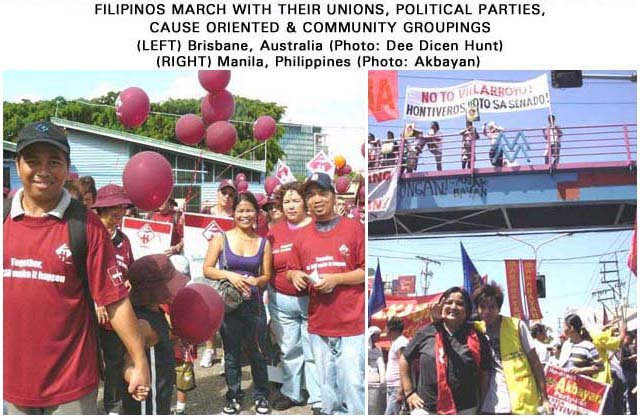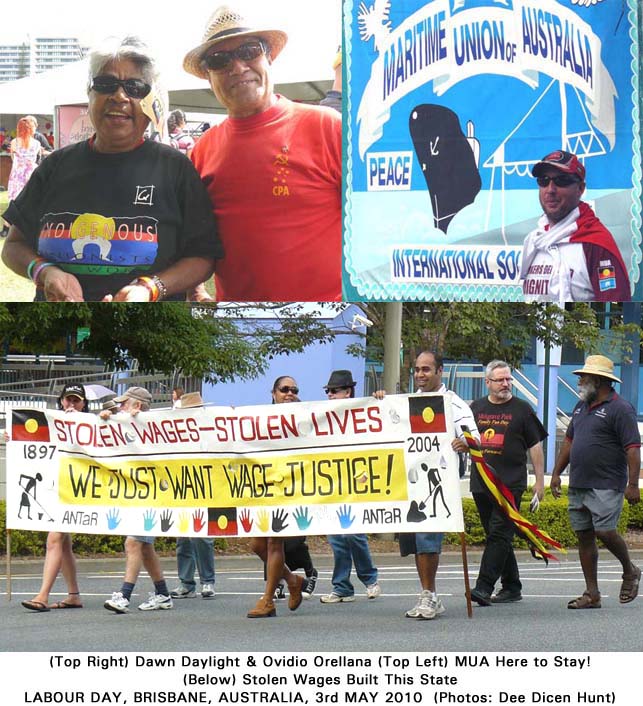
In Australia, Labour Day has its origins in the labour union movement, specifically the eight-hour day movement, which advocated eight hours for work, eight hours for recreation, and eight hours for rest.
On 18th August 1855, the Stonemasons Society in Sydney issued an ultimatum to employers that in six months time, masons would only work an eight-hour day. However men working on the Holy Trinity Church and on the Mariners Church, (an evangelical mission to seafarers) could not contain their enthusiasm and decided not to wait. They pre-emptively went on strike, won the eight-hour day, and celebrated with a victory dinner on 1 October 1855.
In the Philippines, the first Labor Day rally took place on May 1, 1903. Organized by the Union Obrero Democratica de Filipinas, thousands marched to Malacañang to publicly demand for better working conditions. On 1st May 1913, the Congreso Obrero de Filipinas was founded. The organization battled for an eight-hour working day, abolition of child labor, just labor standards for women and liability of capitalists.
Since then, Labor Day in the Philippines has been commemorated not only with parades and celebrations, but also with rallies and demonstrations of the labor sector.
Almost every day seafarers are being kidnapped and exposed to an increasing risk of injury or even death. As you read this, seafarers transporting the world’s goods are going through areas where the risk of pirate attack is increasing and right now families are suffering worry and uncertainty for their loved ones. The ITF (International Transport Workers’ Federation) is calling on governments worldwide to take a stand to end the scourge of piracy, and its threat to seafarers.
Sign up now, spread the word, find out what you can do to help raise awareness or get in touch:
ITF House, 49-60 Borough Road, London SE1 1DR United Kingdom.
Phone: +44 20 7403 2733
Email: mail@itf.org.uk
The Philippines once again called on the international community to step up efforts and intensify cooperation against piracy which has now extended to other shipping routes. In a statement delivered at the United Nations General Assembly Informal Meeting on Piracy, 14 May 2010, Philippine Permanent Representative to the UN, Libran N. Cabactulan, said that currently there are 45 Filipino seafarers in the hands of Somali pirates. He added that the Philippines has reinforced its safety precaution measures and crisis management training for Filipino seafarers on board vessels transiting the Gulf of Aden. Filipino seafarers comprise 25 percent, or about 300,000, of the world’s merchant mariners. During the first nine months of 2009, Filipino seafarers remitted around US$2.5 billion to their families in the Philippines.

 Home | Aims and Objectives of Solidarity Philippines Australia Network | About Kasama
Home | Aims and Objectives of Solidarity Philippines Australia Network | About Kasama 
Search the SPAN Web